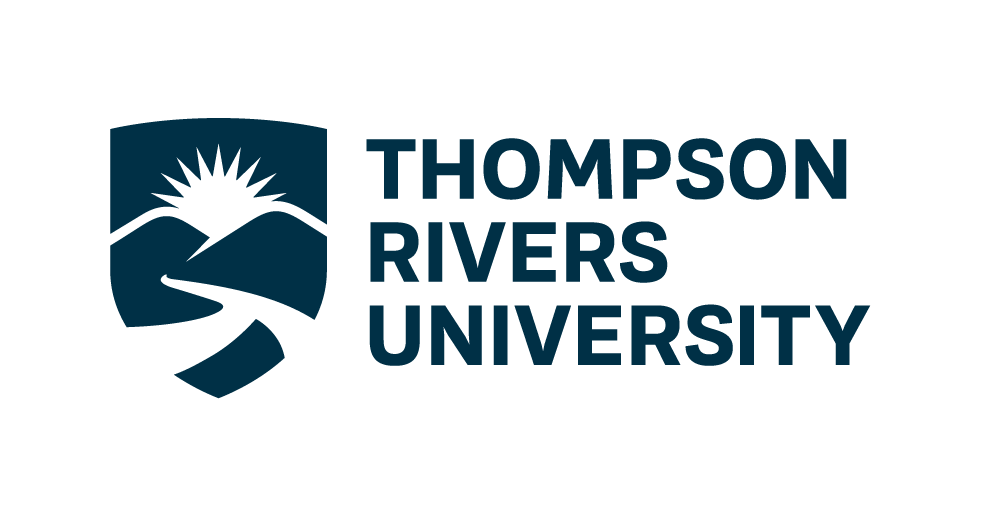About the Journal
Aims and Scope
Future Earth is dedicated to advancing sustainability discourse by providing a multidisciplinary platform for students from various academic backgrounds. The journal encourages contributions to diverse topics, such as:
- Sciences including Natural Resource Management
- Education and Social Work
- Humanities and Social Sciences including Law
- Nursing and Population Health
- Business Administration
- Tourism Management
- Trades and Technology
The mission is to not only build a repository of knowledge but also to empower students to shape a more sustainable future.
The journal welcomes research that explores into areas like environmental conservation, biodiversity, sustainable urban planning, renewable energy, agriculture, and green technologies. Climate change discussions focusing on policy, mitigation, adaptation, and climate justice. Social sustainability topics covering equitable resource distribution and sustainable community practices, economic and corporate models explore the environmental impact and sustainable practices. Future Earth also highlights the role of innovative technologies in sustainability efforts.
Future Earth publishes high-quality research articles, case studies, opinions, commentaries, review articles, and book reviews. Submissions must be well-researched, scientifically rigorous, and innovative. Indigenous perspectives and research related to sustainability practices in Indigenous communities are particularly encouraged.
The journal strongly encourages faculty members to submit the best student papers from their courses (with students' consent) or invite students to submit their work. Research presented at the TRU Undergraduate Research Conference is also welcome.
What Sets Future Earth Apart?
- Student-Centric Focus: Unlike other journals, Future Earth is specifically designed to showcase exceptional research by undergraduate and graduate students. This offers young scholars a unique opportunity to share their work with a broader community.
- Open Access: The journal is available in both online and print formats and is fully open-access and free of charge. This ensures that research is accessible to everyone, regardless of access to subscription-based journals.
- Diversity, Inclusion, and Equity: Future Earth is committed to diversity and inclusion, welcoming submissions from students of all backgrounds. This results in a rich array of research topics and perspectives.
- Distinguished Editorial Board: The editorial board consists of distinguished faculty dedicated to supporting student authors and ensuring high academic standards.
- Multidisciplinary Approach: Covering topics from environmental conservation to social sustainability, Future Earth addresses the interconnected nature of sustainability challenges.
- Innovation and Originality: The journal encourages creativity and critical thinking, with a strong emphasis on innovation and meaningful contributions to the field of sustainability.
By providing a platform for student research, Future Earth not only fills a critical gap but also inspires and nurtures the next generation of sustainability scholars.
Publication Frequency
Future Earth accepts submissions on a rolling basis. Once manuscripts are accepted, they are published as soon as they are ready. The journal commits to publishing a minimum of two issues per year, with potential special issues depending on submission volume and themes.
Copyright
All articles in Future Earth are published under a Creative Commons Attribution-NonCommercial-ShareAlike (CC BY-NC-SA) licence. This license allows others to distribute, remix, adapt, and build upon the material for non-commercial purposes, as long as proper credit is given to the original creator. Any adaptations must be shared under the same terms as the original work.


